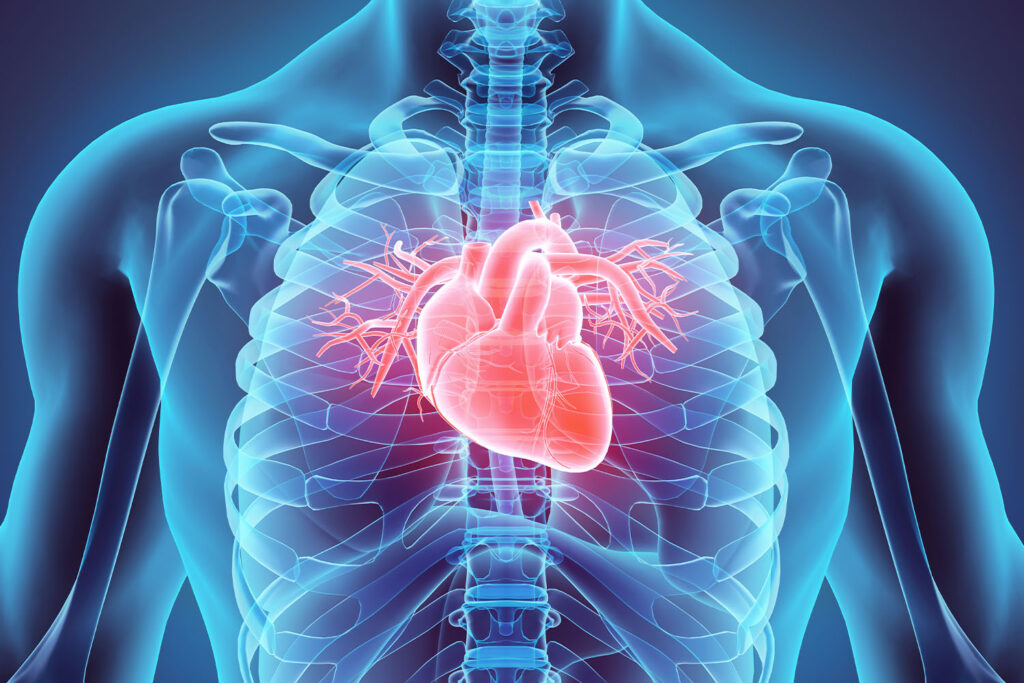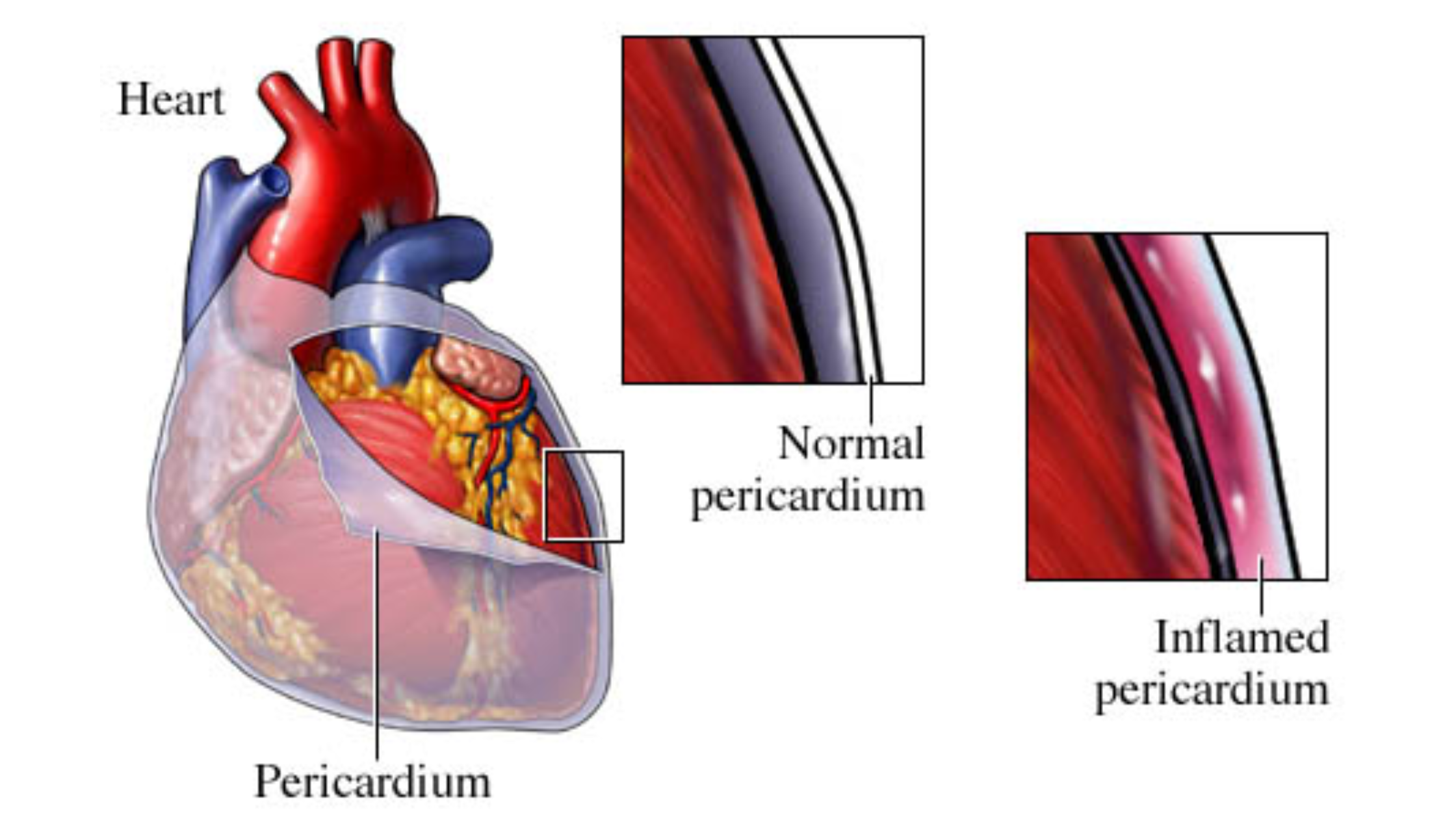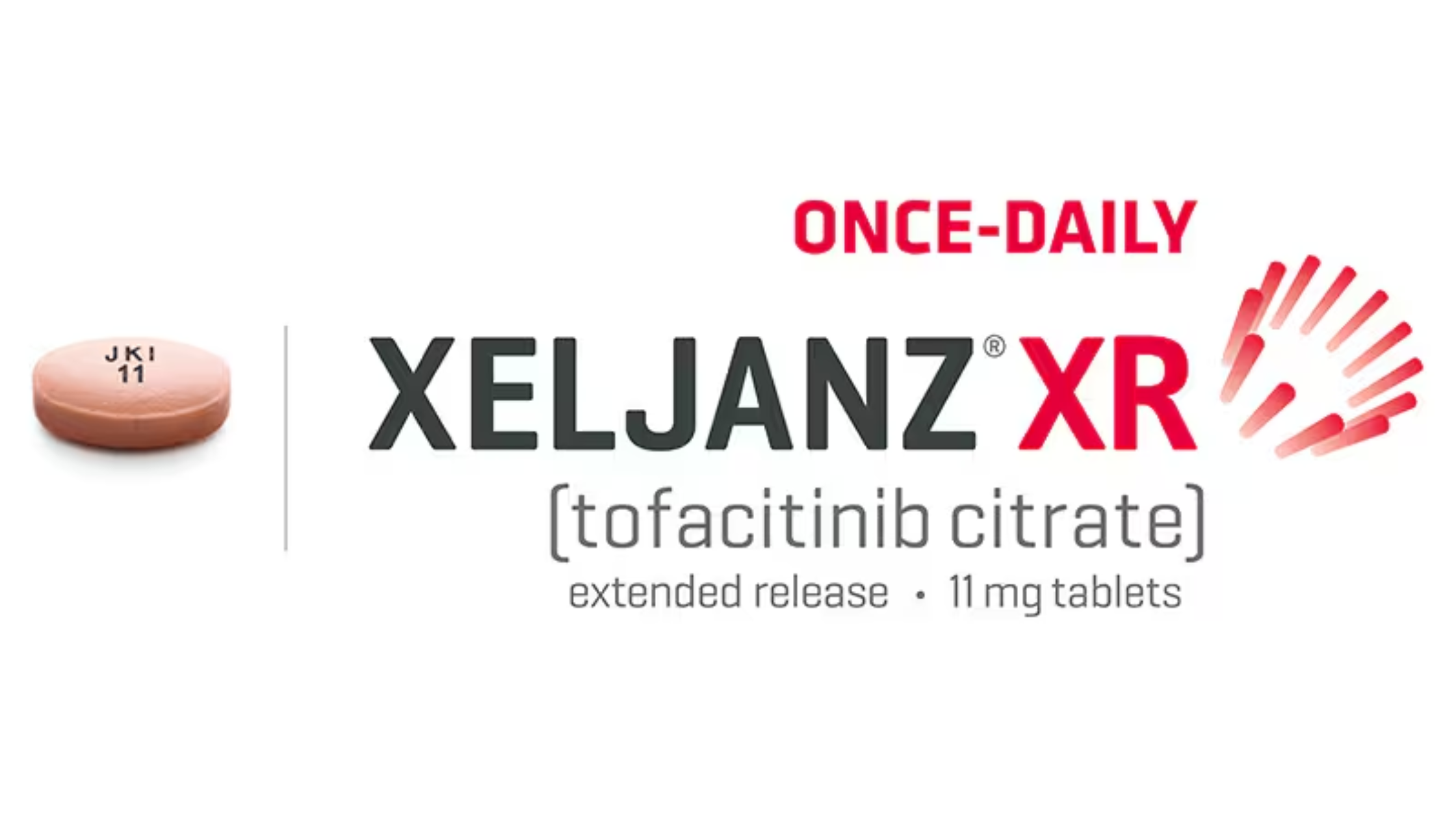Last updated on March 10th, 2025 at 10:33 am
What are the causes of chest flutters? Have you ever experienced a sudden sensation of fluttering or palpitations in your chest, leaving you feeling uneasy and concerned? Chest flutters, also known as heart palpitations, can be disconcerting, but they’re not uncommon. In this piece of content, I will explore the various causes of chest flutters and provide you with effective remedies to alleviate your discomfort.
What are Chest Flutters
Chest flutters can be described as irregular, rapid, or forceful heartbeats. While occasional chest flutters are typically harmless and benign, they can sometimes indicate underlying medical conditions. You need to identify the root causes and, if necessary, seek medical advice.
Why Do You Get Fluttering in Your Chest?
Here are the major causes of chest flutters:
1. Stress and Anxiety
One of the most prevalent causes of chest flutters is stress and anxiety. When you experience stress, your body releases stress hormones such as cortisol, which can lead to an increased heart rate and palpitations. (Also learn about anxiety-related chest pain)
2. Caffeine and Stimulants
Excessive caffeine intake, found in coffee, energy drinks, and certain medications, can lead to chest flutters.
3. Dehydration
Dehydration can also contribute to chest flutters. When you’re not properly hydrated, your blood volume decreases, which can affect your heart’s rhythm.
4. Electrolyte Imbalance
An imbalance in essential electrolytes, such as potassium, sodium, or magnesium, can trigger heart palpitations. Maintaining a balanced diet rich in these minerals is vital.
5. Medications and Supplements
Certain medications and supplements can have side effects, including palpitations.

Effective Antidotes for Chest Flutters
Deep Breathing and Relaxation Techniques
When chest flutters are related to stress or anxiety, deep breathing exercises and relaxation techniques can help. Practice mindfulness, meditation, or yoga to calm your mind and reduce stress.
Limit Caffeine and Stimulants
Reducing your caffeine intake and avoiding excessive use of stimulants can significantly reduce the frequency of chest flutters.
Stay Hydrated
Ensure you drink enough water daily to prevent dehydration, which can lead to heart palpitations. Aim for at least eight glasses of water per day.
Maintain a Balanced Diet
A well-balanced diet with adequate levels of essential electrolytes (potassium, sodium, magnesium) can help prevent chest flutters caused by imbalances.
Avoid Triggers
Identify and avoid any specific triggers that may lead to chest flutters. This may include specific foods, medications, or stressful situations.
Consult a Healthcare Professional
If chest flutters persist, worsen, or are accompanied by other concerning symptoms, it’s essential to consult your doctor immediately. He or she will perform tests to rule out underlying medical conditions and provide appropriate treatment if necessary.
What people Ask at the clinic:
What are the causes of heart flutters after alcohol?
Heart flutters after alcohol consumption, also known as alcohol-induced palpitations, can result from several physiological and biochemical factors. Alcohol can stimulate your sympathetic nervous system, leading to increased heart rate and irregular beats. It also disrupts electrolyte balance, particularly potassium and magnesium, which are crucial for normal cardiac conduction.
To add on, alcohol acts as a vasodilator, causing fluctuations in blood pressure that may trigger palpitations. Dehydration and the direct toxic effects of alcohol on heart muscle cells further exacerbate this phenomenon. In individuals with underlying conditions like atrial fibrillation or anxiety, alcohol can act as a potent trigger for arrhythmias.
Don’t Forget!
Chest flutters, while often benign, can be unsettling. By understanding the common causes and employing effective remedies, you can take control of this discomfort and enhance your overall well-being. Remember, when in doubt or experiencing persistent or severe palpitations, consult a healthcare provider for a proper diagnosis and guidance on the best course of action. Your heart health is invaluable, and taking the right steps to address chest flutters is a crucial part of maintaining it.




Your article helped me a lot, is there any more related content? Thanks!
Welcome.
Thanks for sharing. I read many of your blog posts, cool, your blog is very good.